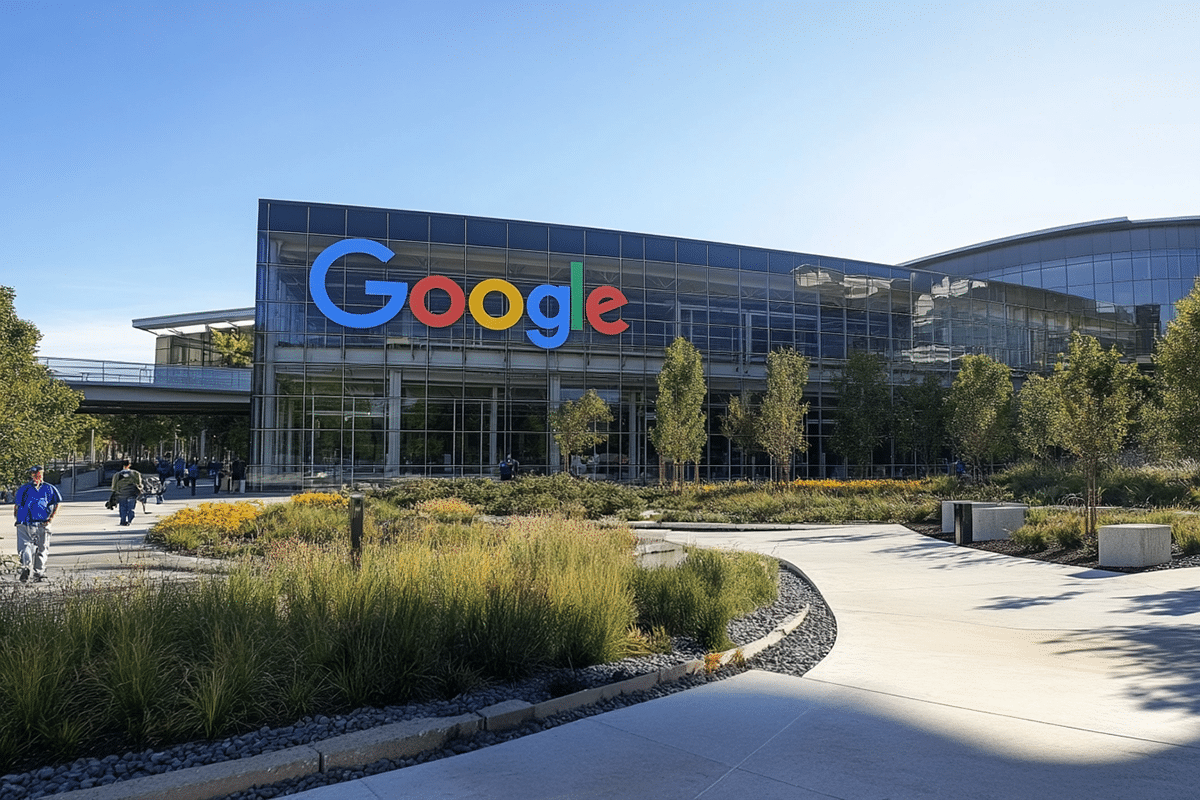U.S. regulators are intensifying efforts to curtail Google’s dominance in the technology sector. The Department of Justice (DOJ) has proposed significant penalties, including the sale of Google’s Chrome web browser, as part of an antitrust initiative aimed at fostering fair competition in the digital marketplace. This move follows a recent court ruling that deemed Google’s search engine practices monopolistic and abusive over the past decade.
Proposed Measures to Dismantle Google’s Monopoly
The DOJ’s 23-page filing outlines a range of penalties targeting Google’s stronghold over search and advertising. Central to the proposal is the sale of Chrome, one of the most widely used browsers globally, to reduce Google’s influence over internet search gateways. This would allow competing search engines to access the browser, opening up opportunities for greater competition.
While regulators stopped short of recommending that Google divest Android, they have suggested imposing restrictions to prevent the operating system from favoring Google Search. Additionally, the DOJ proposed banning Google from entering exclusive deals, such as those ensuring its search engine remains the default option on Apple devices, a strategy that has reportedly cost Google over $26 billion annually.
Increasing Competition Through Data Transparency
To level the playing field further, the DOJ recommends requiring Google to license its search index data to rivals. This measure aims to provide competitors with the resources necessary to challenge Google’s dominance effectively. The DOJ is also seeking greater transparency in how Google sets advertising rates for businesses vying for prime placement in search results.
Regulators have also expressed concerns over Google’s use of artificial intelligence, particularly in its search engine results. The proposed measures include ensuring websites can shield their content from Google’s AI training to protect intellectual property and data privacy.
Timeline and Legal Challenges
Court hearings for the proposed penalties are scheduled to begin in April 2025, with U.S. District Judge Amit Mehta expected to deliver a final ruling before Labor Day. If the judge embraces the DOJ’s recommendations, Google could be forced to sell Chrome within six months of the decision. However, Google is anticipated to appeal, potentially prolonging the legal battle, which has already spanned four years.
The current administration’s aggressive antitrust stance underlines the urgency of these proposals. However, the case’s direction could shift if the political landscape changes. A potential Trump-led administration, for instance, may adopt a more lenient approach, particularly if key officials are replaced.
Reactions and Broader Implications
Google has criticized the proposed measures, warning of potential harm to user privacy and innovation. The tech giant argues that these penalties could undermine its leadership in artificial intelligence, a field it views as crucial to future technological advancements. Despite these objections, the DOJ maintains that the penalties are necessary to rectify the competitive imbalance caused by Google’s practices.
The proposed breakup mirrors a similar attempt to divide Microsoft during a landmark antitrust case over two decades ago. Although the breakup order was ultimately overturned, the parallels highlight the challenges of dismantling large tech companies. Legal experts have debated whether the recommended measures align with the court’s findings, with some suggesting that the proposals may overreach the scope of the original case.
A Precedent-Setting Decision
The DOJ’s actions could have far-reaching consequences for Google and the broader tech industry. If enforced, the measures would disrupt Google’s business model, which generates over $300 billion in annual revenue. They would also signal a new era of regulatory oversight for Big Tech, reinforcing efforts to rein in monopolistic practices.
As the case progresses, its outcome will be a critical measure of the government’s capacity to take on dominant industry players. While it remains uncertain whether the court will support the DOJ’s proposals, the stakes are undeniably significant for Google, its rivals, and the broader digital economy.
